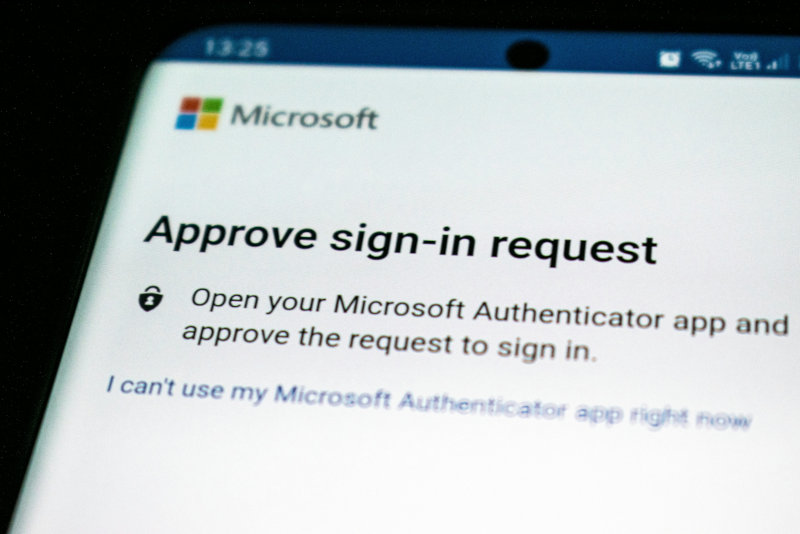Your phone is probably the most important computer you own - not your laptop, not your desktop, not that dusty tablet in the drawer. The little rectangle in your pocket knows more about you than your best friend does. It’s where you bank, message, shop, and store your entire digital life.
And yet, most people don’t give its security a second thought. We’ll happily install “Smart Cleaner Pro” from a sketchy ad but roll our eyes at the idea of antivirus.
So let’s settle the question of whether you really need antivirus on your phone. For most people, the short answer is probably not. As with most security decisions, though, the right choice depends on how you use your device and the risks that come with it.
iPhones: built-in protection done right
Apple’s iOS is like a bouncer who never sleeps. Every app lives in its own sandbox, updates roll out regularly, and the App Store has tighter control than a nightclub on a Friday night.
That means traditional antivirus apps cannot actually scan an iPhone, and that limitation is intentional by design. iPhones aren’t built to be “cleaned,” because they’re already locked down from the start.
If you stick to the App Store, keep iOS updated, and don’t go poking around in jailbreaking forums, you’ve already got all the protection you need. Simple.
Android: flexible, but be smart
Android offers a lot of flexibility and choice, which is one of its strengths. At the same time, that freedom also means there are more ways things can go wrong. You can customise everything, but you can also install anything. And that’s where people get into trouble.
The Play Store itself is fairly safe, thanks to Google Play Protect, which automatically scans apps and boots out the dodgy ones. For most people, that’s plenty.
If you regularly download apps from outside the official app stores, or use your phone to handle sensitive work data, a trusted security app can provide an extra layer of reassurance. Well known options such as Bitdefender, ESET, or Norton can help reduce risk when your usage goes beyond the basics.
Freedom’s nice. Just use it wisely.
Don’t jailbreak or root your phone
Yes, you can “unlock” your phone for total control. You can also drive without seatbelts. Doesn’t make it smart.
Jailbreaking (iPhone) or rooting (Android) strips away the very protections that stop bad apps from running riot. Once you do that, every download becomes a potential landmine.
Even if you only install “trusted” apps, all it takes is one compromised update to blow the doors off your data. Passwords, photos, messages - gone.
The trade-off isn’t worth it. Keep your phone as its maker intended, and it’ll stay far more secure than any “tweaked” version ever could.
The real risks aren’t “viruses”
Most phone attacks today don’t look like viruses at all. They look like:
- Fake login pages that steal your credentials
- Dodgy texts with malicious links
- Weak passwords and reused logins
- Old software missing critical patches
No antivirus app on earth fixes those. Good habits do. Be suspicious of links. Turn on multi-factor authentication. Keep your phone and apps updated. That’s the stuff that actually works.
BrightShield’s view
At BrightShield, we focus on what really matters: making sure every company-managed device, including phones, meets core protection standards. That means encryption on, screen lock enabled, and software up to date.
Combine that with a little awareness and you’re better protected than any “miracle security app” could ever make you.
The bottom line
For most people:
- iPhone: No antivirus needed. Keep it updated and stick to the App Store
- Android: Play Protect is plenty if you stay in the Play Store. Add antivirus only if you sideload apps or handle sensitive business data.
The real defense isn’t another app. It’s smart habits, managed settings, and up-to-date software. That’s what keeps the bad guys out.



